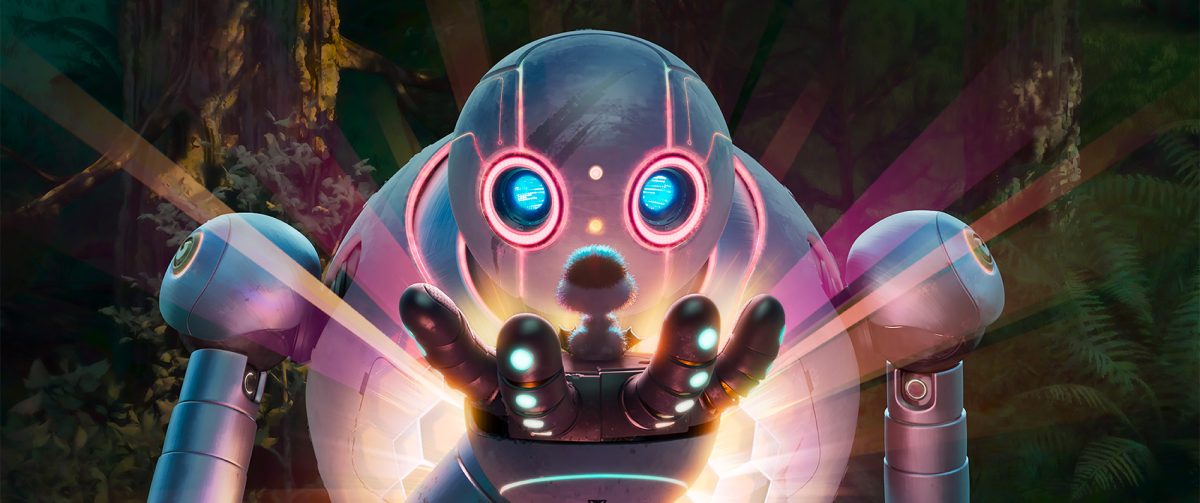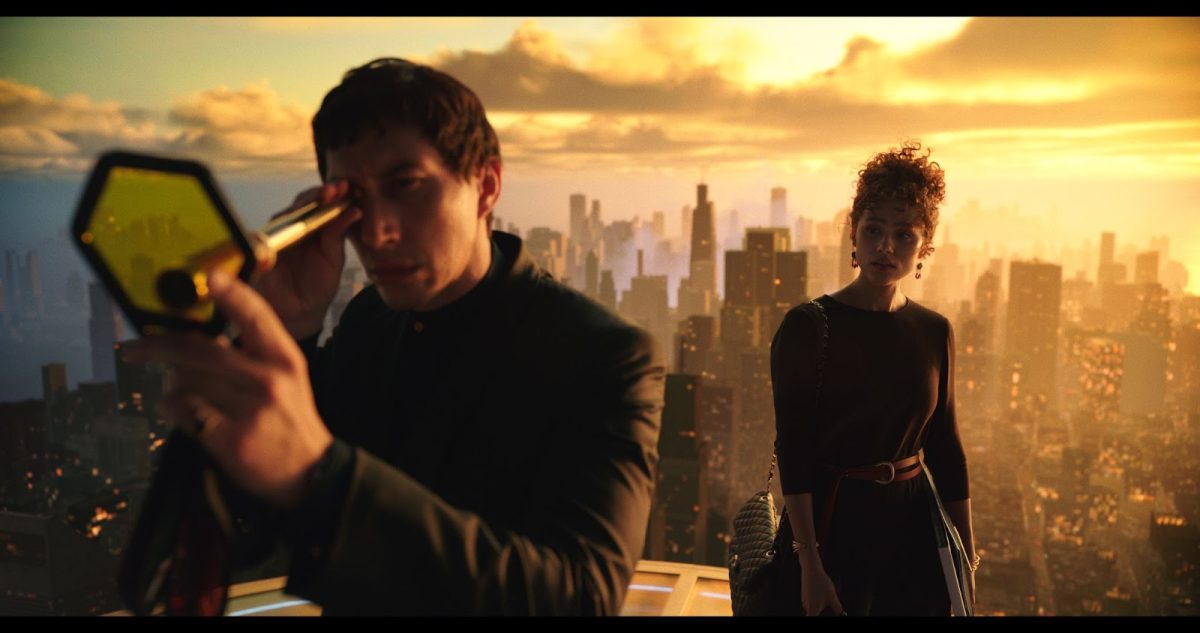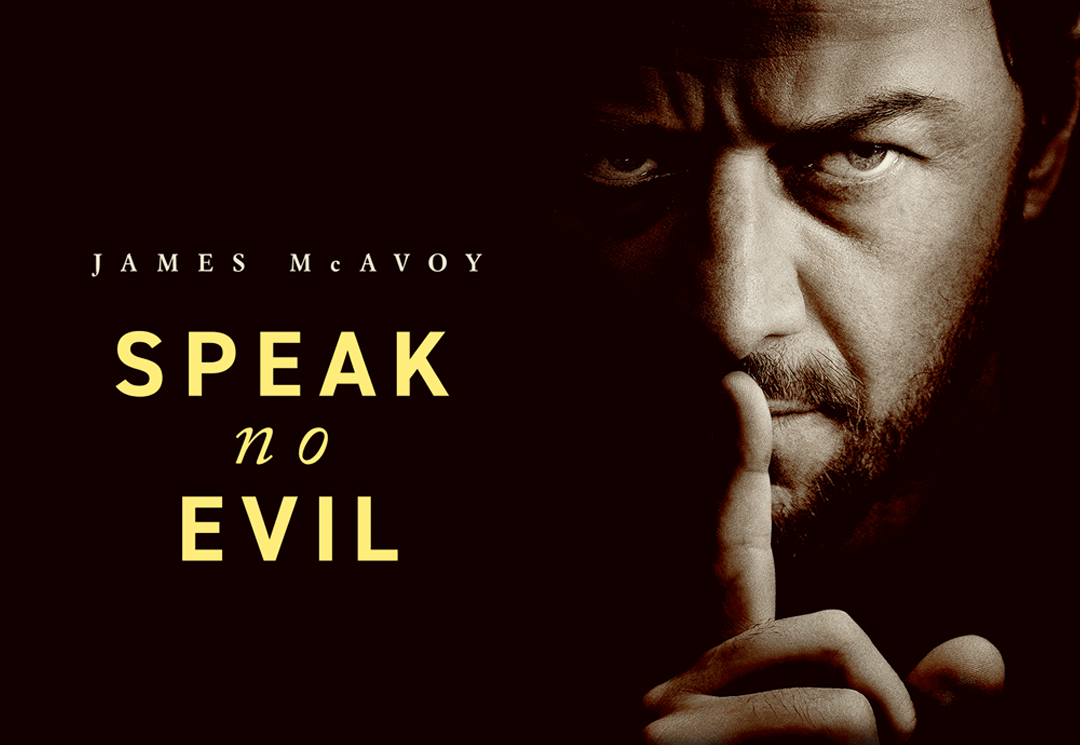Steve Jobs was a colossal dick. Screenwriter Aaron Sorkin shows us early in his adaption from Walter Isaacson’s biography of the enigmatic co-founder of Apple, when Jobs tells his 5-year-old daughter he denied, Lisa, that he’s not her father to her face. Rather, Jobs is livid because the 1984 Time Magazine Person of the Year is the personal computer and not him. He didn’t win because he coldly told a Time journalist, through a flawed algorithm, that 28 percent of men in the country could be Lisa’s father. His high school girlfriend and mother of the child, Chrisann Brennan, is on welfare while Jobs’ net-worth dallied in the hundred millions.

Steve Jobs is an unconventional biopic, but it isn’t nonlinear. We follow Jobs through three instances where he was the most comfortable: product launches. First, Flint Hall for the launch of the Macintosh in 1984. Second, at the San Francisco Opera House at the launch of NeXT computers in 1988 after Jobs was fired from Apple. Lastly, a rehired Jobs unveils the iMac, kickstarting the reinvigoration of Apple in 1998. The time frame of Steve Jobs is underwhelming on the surface because of how misleading it is. Obviously, Jobs didn’t hash out all his personal issues and business scores ten minutes before presenting his products. This might be the most fictitious biopic ever made.
Prior to each launch, Jobs has intimate and engaging encounters with Apple CEO John Sculley (Jeff Daniels), Apple co-founder Jerry Wozniak (Seth Rogen), and marketing director (Kate Winslet, in her best performance since The Reader). Rogen and Daniels shine with just the right amount of bitterness and admiration, but Winslet steals the show as Jobs’ concerned confidant— there’s a scene where she breaks down and practically begs Jobs to acknowledge his daughter. Steve Jobs has other strong female roles: Katherine Waterston plays Lisa’s weary mother Chrisann Brennan and Ripley Sobo, Perla Haney-Jardine and Mackenzie Moss have short, moving parts as Lisa Brennan-Jobs.
I’ll admit Ashton Kutcher was a passable Steve Jobs in Jobs (2013). The rest of that film was a disaster, lingering too long on the minutiae of Jobs’ life and overstuffed with idealistic spiels. But comparing Kutcher’s performance to Fassbender’s is like comparing a pebble to a mountain. It’s on a whole other level. Michael Fassbender delivers an Oscar-worthy portrayal of Jobs as the ultimate control freak. He’s petulant and patronizing, with sporadic moments of kindness. Fassbender’s enormous emotional range and the distant tone of voice deftly capture Jobs’ toxic mix of callousness, intensity and charm.
Biopics have two problems — they cram information to an overstuffed slog or they romanticize the subject. Steve Jobs does neither. There are moments in Steve Jobs where everything clicks. Boyle interpolates flashbacks to transition from era to era without morphing into a series of stale montages. Boyle’s kinetic style of filmmaking and Sorkin’s rapid fire dialogue achieve a near-perfect symbiosis.
Aaron Sorkin’s (A Few Good Men, Moneyball) enthralling screenplay hits the sweet spot between veneration and vilification he did with a similarly divisive Mark Zuckerberg in The Social Network. Sorkin’s trademark “walk and talk” style fits well with the hectic shouting matches between Jobs and his constituents. Sorkin’s arrogance as a screenwriter matches Jobs, but he eases up. Fortunately, Sorkin doesn’t resort to the pseudo-intellectual rambling of his HBO series, “The Newsroom,” in order to further an agenda.
Throughout Steve Jobs, we see and hear about many of Jobs’ heroes like Einstein, Dylan, Lennon, Da Vinci, Picasso, Napoleon and Caesar. Instead of making a comparison, Boyle and Sorkin convey how Jobs saw himself— as a man whose products made a “dent in the universe.” Their attempt to capture the apotheosis of Jobs’ “reality distortion field” is ambitious, unusual and probably one of the best films of the year.
—
For more information or news tips, or if you see an error in this story, contact features@unfspinnaker.com.











